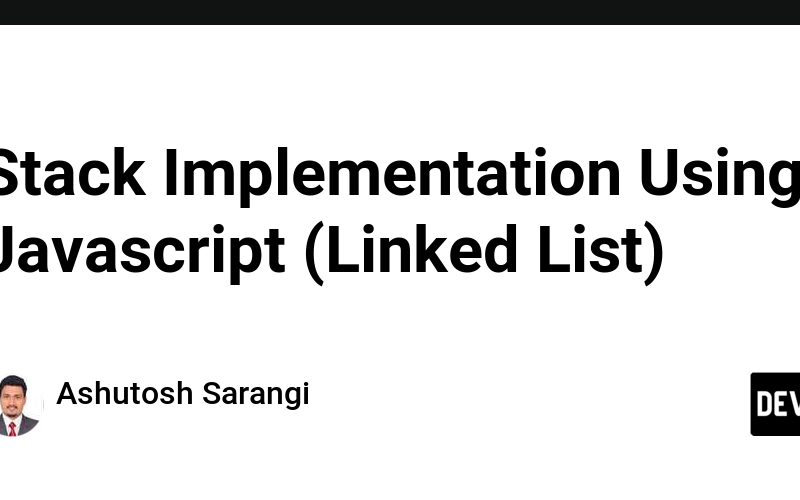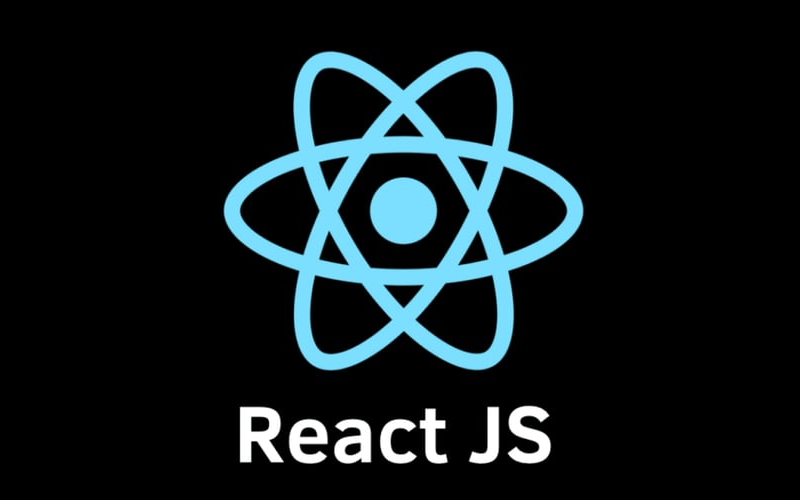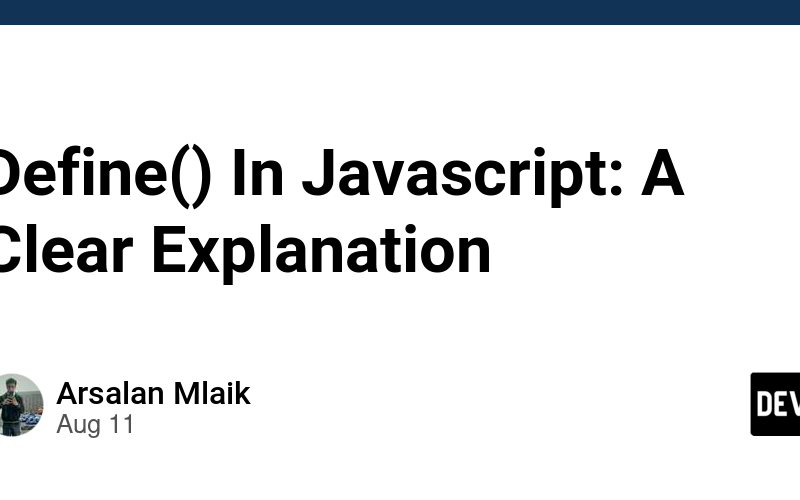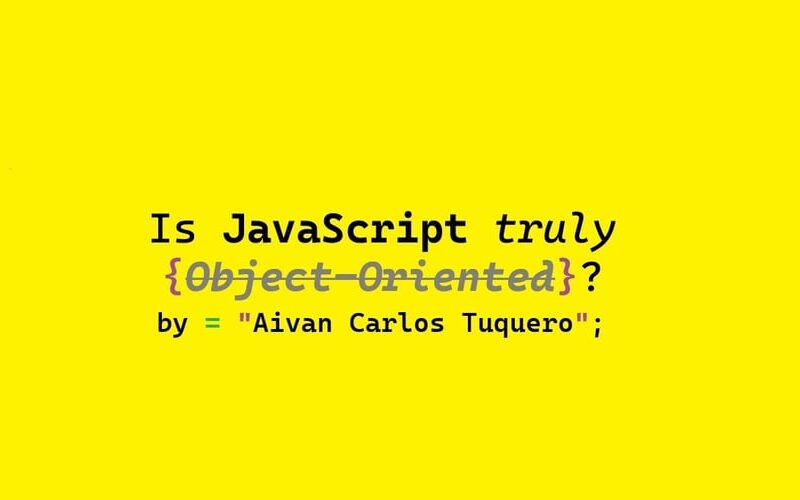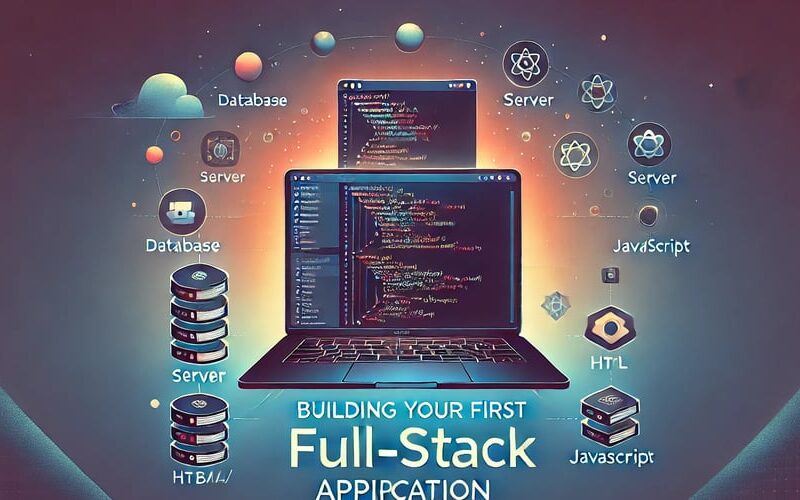14
Aug
Introduction If you are not confident or want to understand more about Linked list and their types and how we can do operations on the same please refer to my other article related to the Single Linked List and Double Linked List Approaching Single and Double Linked Lists Using Javascript With All Operations:- Last Stop Solution This Article is about using the Single linked List and creating a Stack data Structure. Feel free to reach out to me if you have any concerns Enjoy the code, Happy Codeing. class Node { constructor(value) { this.value = value; this.next = null; }…

